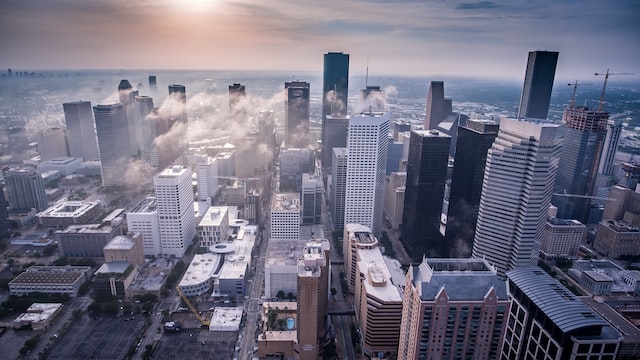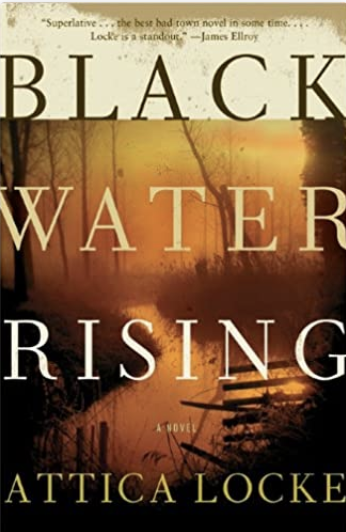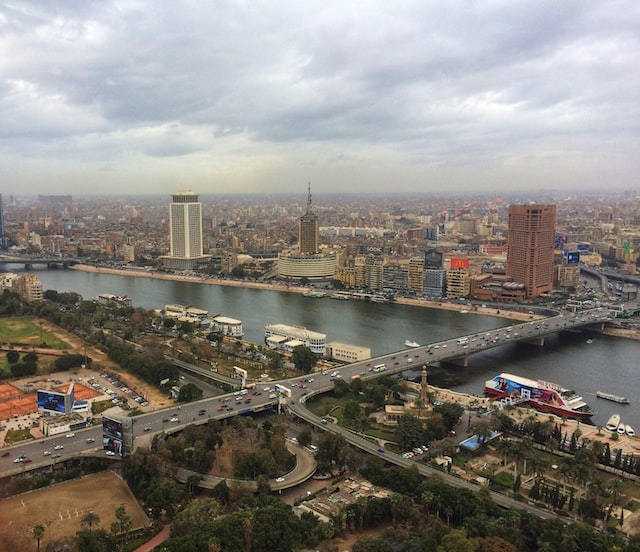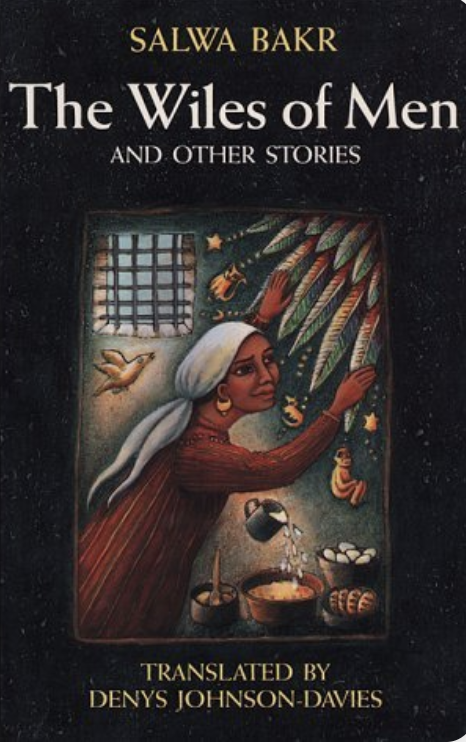Crime Thrillers: Something Rotten in the State of Denmark

A few months ago, I picked up Black Water Rising (2009, 1st in the Jay Porter series by Attica Locke) and I was plunged into a world of daily struggle–the struggle to survive, to stay true to one’s principles, to take care of one’s family–often against the odds. I don’t find myself in the perspective of a Black man providing for his family very often, but this opportunity to view the world through someone else’s eyes for a time is a gift.

In case anyone out there is surprised to learn that I read a crime thriller at all, I’ll admit it’s unusual for me. However, I just read Amy Harmon’s latest, The Unknown Beloved, and found that I have another crime thriller I can recommend! This book includes the investigation of 1920s Chicago gangsters and a 1930s Cleveland serial killer, as well as romance and intuitive gifts (the viewing of auras and “reading” of cloth for evidence of its past wearer/s). It is fascinating and suspenseful with stunning characters.
Anyway, One early moment in Black Water Rising that caught my attention was the following:
The waste bin out behind his building is overflowing with paper grocery bags full of chicken bones and black, moldy heads of lettuce, dead leaves and beer bottles and boxes of old clothes. The trash has a putrid smell, rotten and sickly sweet. There are flies buzzing over everything. It’s been sitting like this, untouched, for almost two weeks, what with trash pickup in Houston getting more and more sporadic. It’s one of the city’s dirty little secrets, that for all its recent economic prosperity–the fastest-growing city in the country two years running, the oil crises of the late ’70s a boon for an oil town like Houston–the city can barely keep up with its own growth. It is literally busting at the seams, its trashy insides spilling over everything. Sanitation workers put in overtime but can’t keep up with the new businesses and housing developments going up every week. Residents in tony neighborhoods like River Oaks and Memorial hire private companies to haul their shit away, but on streets like Jay’s in Third Ward, lined with cheap rental units and shotgun houses, working people are at the mercy of the city.
— From Attica Locke’s Black Water Rising

Reading the gritty descriptions of life in Houston, complete with economic uncertainty, precarious relationships, and racial tensions, it brought to mind lived and literary experiences in Cairo (where I was located 2004-2005). Consider the following excerpt from Salwa Bakr’s short story, “31 Beautiful Green Trees,” about the beginning of a general downturn in city upkeep, including the loss of the 31 beautiful green trees that she had always enjoyed seeing on her daily walk to work.
…the street I had been familiar with since childhood, and along which I had walked so many times, began to change and little by little started to lose its landmarks. The glass of the clean bright shop windows in which, so brilliantly did they shine, one could of a morning see one’s face, had begun to lose their lustre and grow dull, and the well-paid pavement damp with water during the hot hours of summer had come to be pitted with holes in which dirty water had collected, and I would notice that these holes were becoming larger day by day till they formed what looked like stagnant pools spread around the pavement.
— From Salwa Bakr’s “Thirty-One Beautiful Green Trees” in The Wiles of Men, trans. Denys Johnson-Davies, AUC Press
As a reader, I mentally connected these two stories, from Attica Locke’s Houston and Salwa Bakr’s Cairo. Across time and geography, the characters from these two situations came together in a shared struggle to live one’s life, day after day–to make ends meet, to face corruption and other challenges, to become one’s best self, or at least to do right by those around you, especially those who depend on you. Crime novels (and other genres, such as Bakr’s gritty feminist short story) pull readers into a universal experience of humans facing challenges of injustice and society gone wrong. As Maya Angelou reminds us, “We are more alike, my friends, than we are unalike” (full poem here).
Crime novels from the Arab World (or MENA/SWANA region) include:
- Abdelilah Hamdouchi’s books set in Casablanca. Translated into English by Jonathan Smolin. From AUC Press. For example, Whitefly
https://aucpress.com/product/whitefly/
- Parker Bilal’s books set in Cairo. For example, the Makana mysteries depict a former Sudanese police inspector who works as a private detective.
In Non-Fiction, for a new book on environmental policies and social maneuvering in Cairo/Egypt, see Tessa Farmer’s Well Connected: Everyday Water Practices in Cairo.
Related Articles
- Algerian Crime Fiction: The Story of 50 Years of Algerian Crime Fiction in 60+ Books By Nadia Ghanem at ArabLit here
The Story of 50 Years of Algerian Crime Fiction in 60+ Books
- Egyptian Crime Fiction: Friday Films: ‘Diary of a Country Prosecutor,’ Based on a Novel by Tawfiq al-Hakim on ArabLit here
Friday Films: ‘Diary of a Country Prosecutor,’ Based on a Novel by Tawfiq al-Hakim
- The Case of the Arabic Noirs by Jonathan Guyer on The Paris Review here

